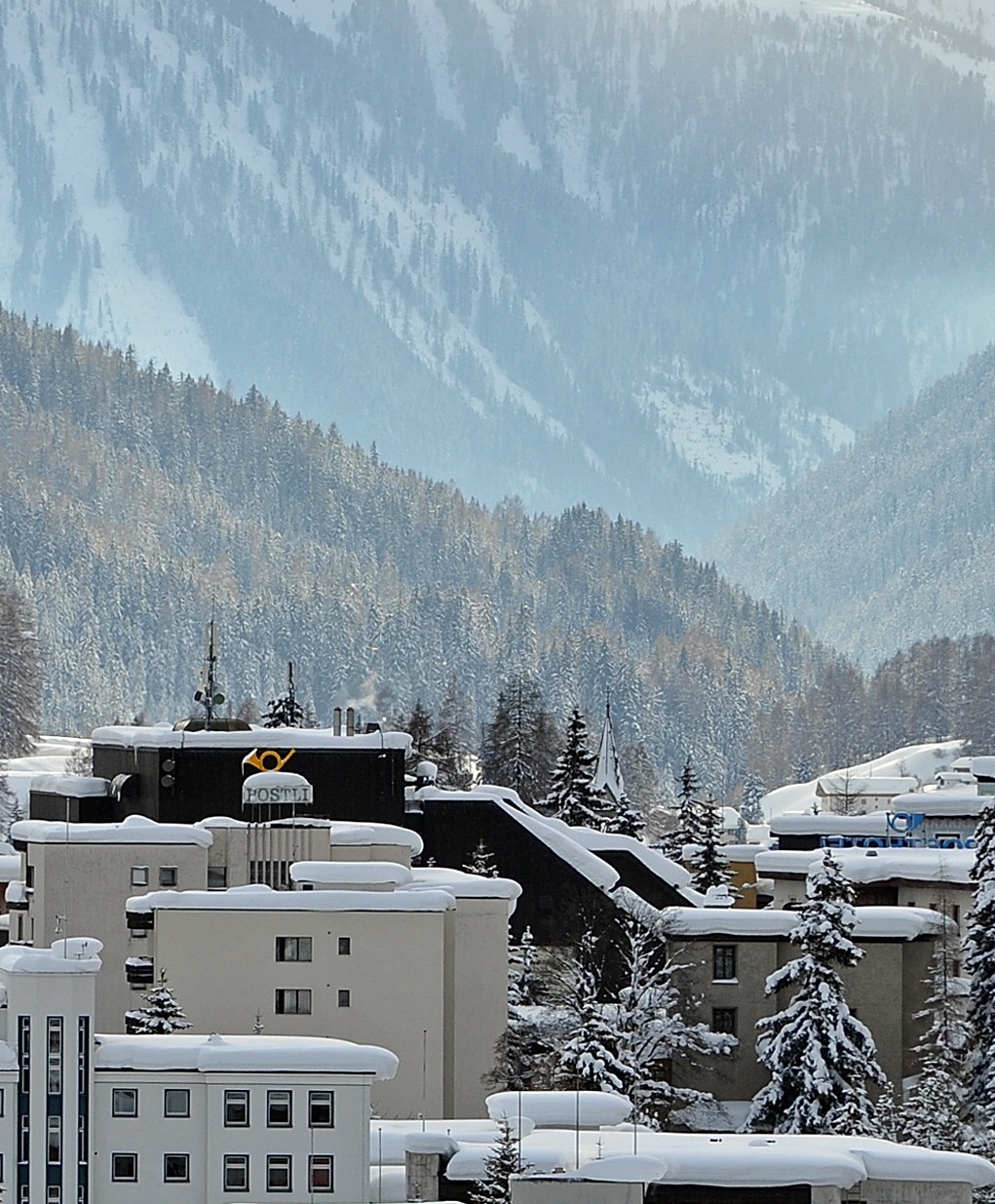Imagine Christmas in the Alps, skiing in the morning before settling into your chalet for a festive dinner. Alternatively, you could spend the day lazing under a Christmas palm tree in the Caribbean, soaking up the rays with waves lapping at your feet. Or you could wake up in Australia and celebrate with king prawns on the barbie.
The festive season is the annual time of reflection, a chance to take stock of the previous year and set new goals for the next. With property prices in many places around the world still below their 2007 peaks, savvy individuals are finding opportunities to turn their dream of a second home abroad into reality.
As well as the quality of life benefits a second home brings, very often it can pay for itself, or even make a little extra income through rental. The trick in these turbulent times – and really for any long-term property investment – is to look at the current demand, as well as all the fundamentals that will affect future demand, the costs and resale values.
A taxing issue
With concerns about the poor economic health of southern Mediterranean countries, including Spain and Italy, property prices in many popular destinations are expected to remain low throughout 2013. In Spain, the banks own vast stocks of repossessions, including blocks of newly built holiday apartments repossessed from developers and homes that individuals could no longer afford to keep.
It’s clear they are keen to offload these, often with finance that’s far more inviting then if you were to approach a Spanish bank for a mortgage in the normal way. The year ahead could see a dramatic shift in focus for would-be investors as cash-strapped economies raise taxes in the hope of increasing revenue. The French tax rise on second homeowners is a clear example. In August, effective rates of capital gains tax were nearly doubled by President François Hollande to 34.5 percent – and applied retrospectively to the beginning of 2012. The tax on rental income was also adjusted sharply higher, up by three-quarters to 35.5 percent.
Reconsidering options
While it will be some time before the true effects of these tax hikes are realised, there has already been speculation that some foreign buyers – including a hefty contingent from the UK – will reconsider the idea of buying in France in favour of other countries offering more preferential tax regimes.
Similarly Spain, under the weight of enormous government debts and need to implement austerity measures, is also adjusting its tax arrangements.
From January, the Spanish central government will be abolishing the old regime of provinces setting their own rates of transfer tax levied on property transactions, and introducing a standard rate of 10 percent nationwide, higher than many provinces previously had in place. The heavily discounted rate of VAT on new homes will also be scrapped, rising from four to 10 percent.
However, due to the steep falls already experienced in Spain’s property – and particularly holiday property-market, these changes are generally expected to have little effect on the number of foreign bargain-hunters. Elsewhere, for Brits considering emigrating down under, a sudden turn-around in the price of minerals has sparked speculation of a reversal in fortunes for the Australian economy and property prices.
If the Australian dollar subsequently falls in value, 2013 could be a year of bargains in popular Aussie destinations for foreign buyers. In recent years, the relative strength of the Australian economy, on the back of a mining boom fuelled by demand from China, has seen the dollar soar to record highs against the pound and the US dollar. This has deterred many investors from venturing down under, enticing some expats back to their home country to pocket any gains they’ve made.
However, a slowdown currently under way in China is seeing concerns ripple throughout Australia. Any downturn is likely to be temporary, though, given the longer term view that China will resume its massive infrastructure programme once the US and Europe regain economic traction, which will kick-start the Australian economy once more.
There is significant potential to capitalise on current economic conditions and weak prices to get a foot in the door of a foreign property market. But as the flow-on effects of structural and fiscal policy changes become apparent, the holiday property market come Christmas next year could look significantly different from the one out there today.
Richard Way is editor of The Overseas Guides Company, and travels extensively





